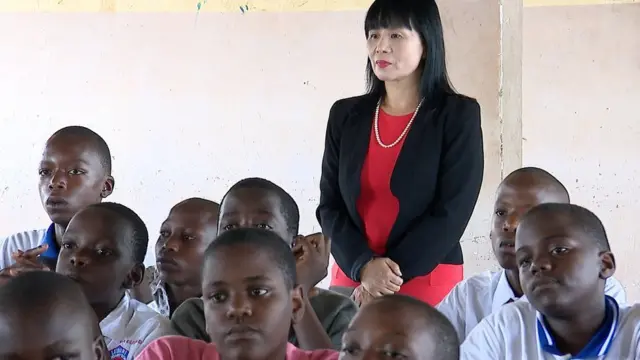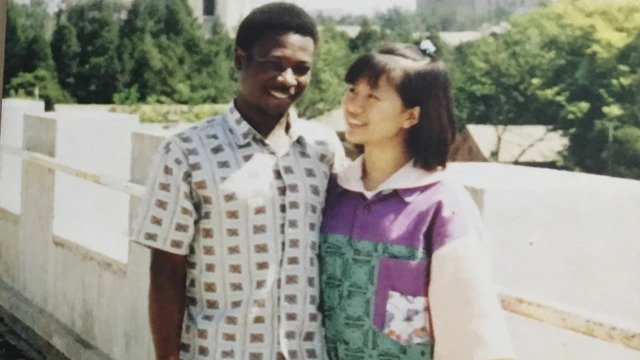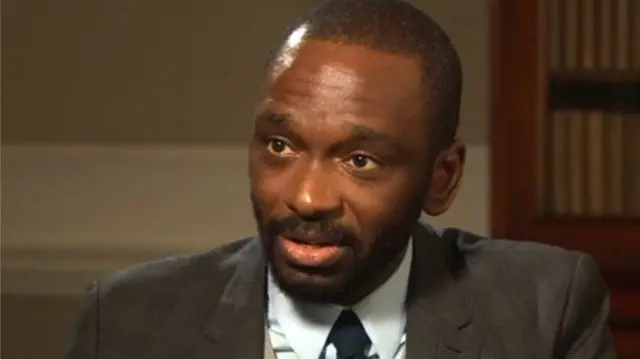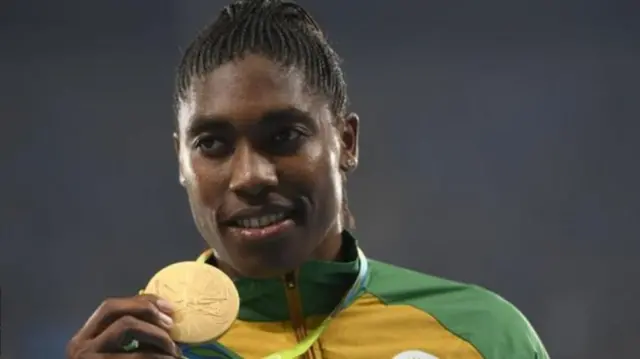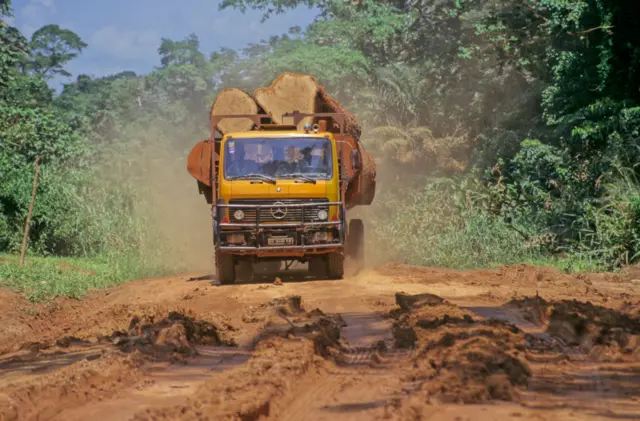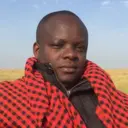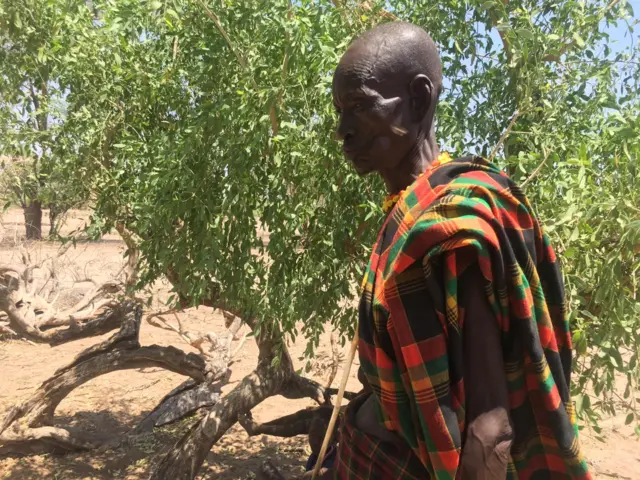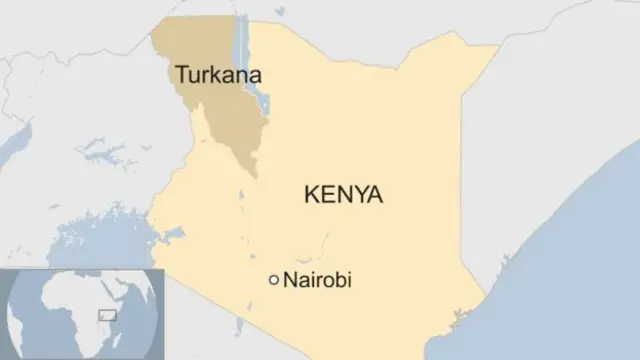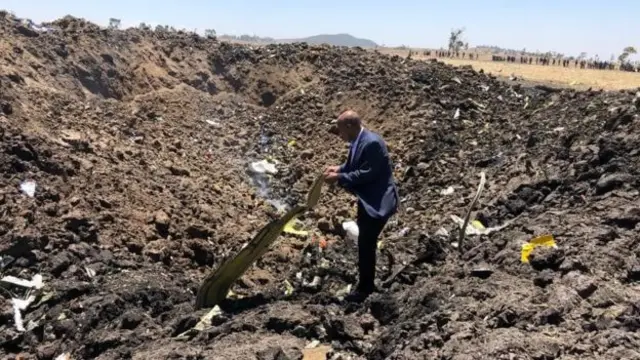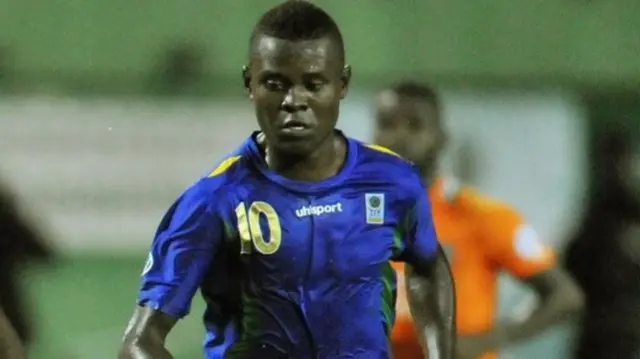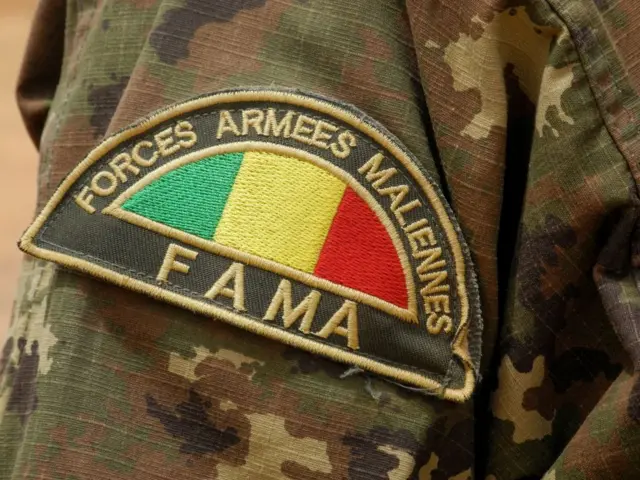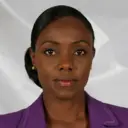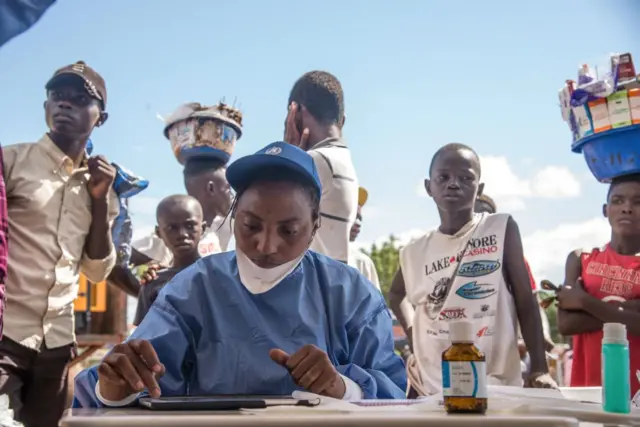Speed limiters pledged after Ghana road crashespublished at 17:15 GMT 25 March 2019
 Thomas Naadi
Thomas Naadi
BBC Africa, Accra
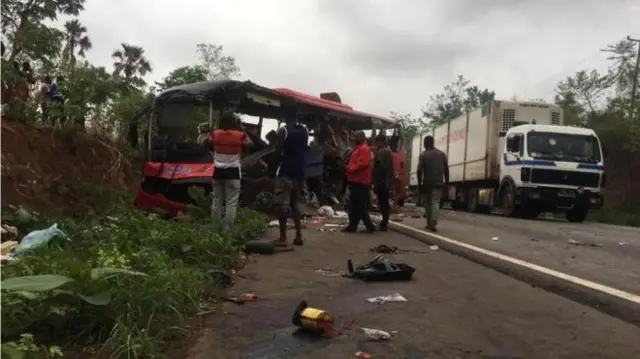 Image source, ANAS SABIT-KASKIYA
Image source, ANAS SABIT-KASKIYAMore than 60 people were killed in crashes on Friday
Authorities in Ghana say they will introduce speed limit devices to prevent traffic accidents in the country, where an average of six people die on the roads every day.
Commercial vehicles with engine capacities of 3.5 litres or more will be targeted. The top speed will be set depending on the type of vehicle.
The announcement follows the deaths of more than 60 people in two separate accidents in the country on Friday.
Speeding, dangerous overtaking and drunk driving are just some of the major causes of accidents on Ghana’s roads.
Available statistics from the national road safety commission show that in the first two months of this year more than 400 people died in road accidents, while last year more than 2,000 such deaths were recorded.

